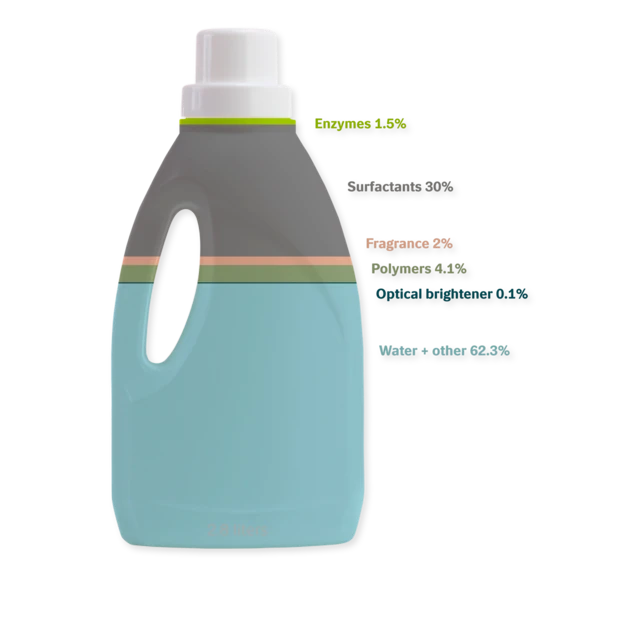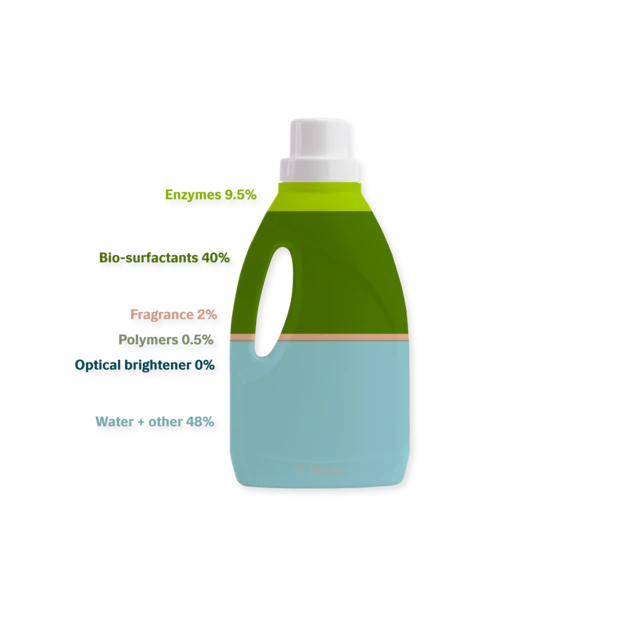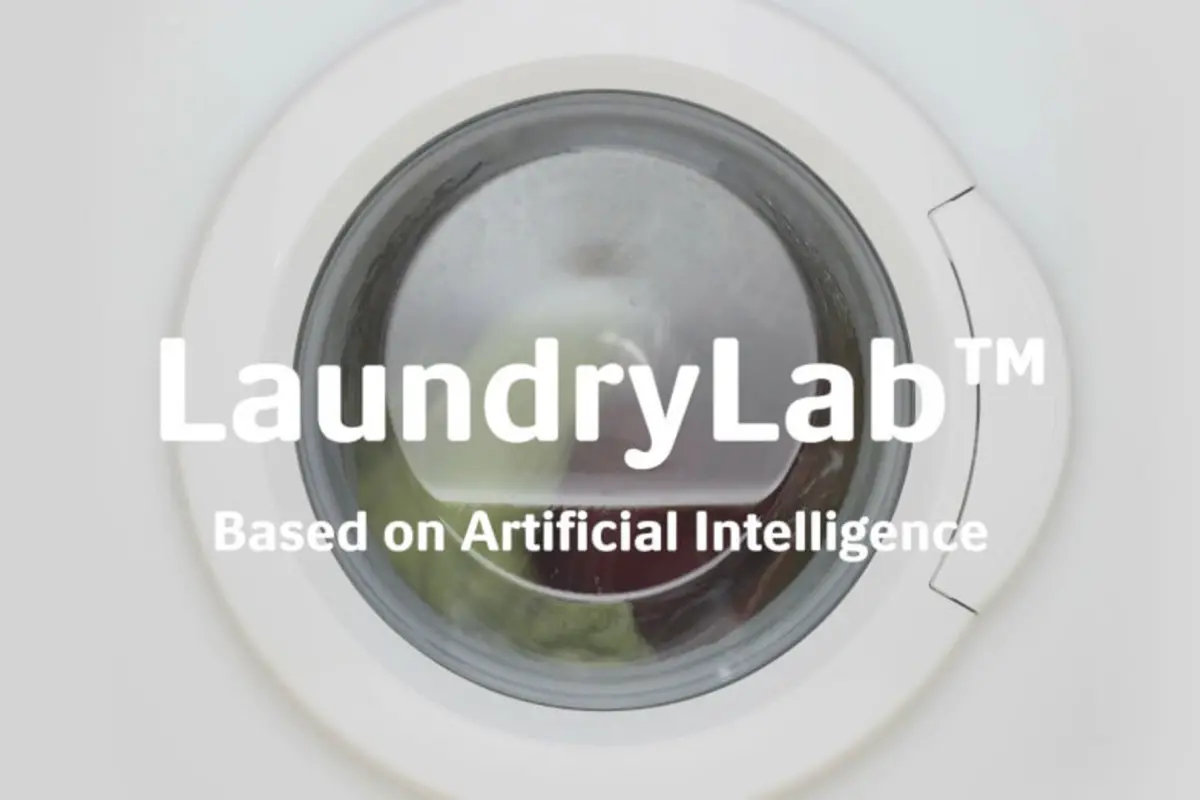Amid growing concern, industries the world over are looking for ways to make their products “greener” – without compromising performance, of course. And this is especially true for laundry products, where there is increasing pressure to develop detergents that are gentler to the environment and to end-users.
Surfactants, a critical detergent component, are one such area where we saw potential for improvement. That’s why we conducted a study to show how enzymatic technology could functionally replace the surfactants found in detergents - both liquid and powder.






